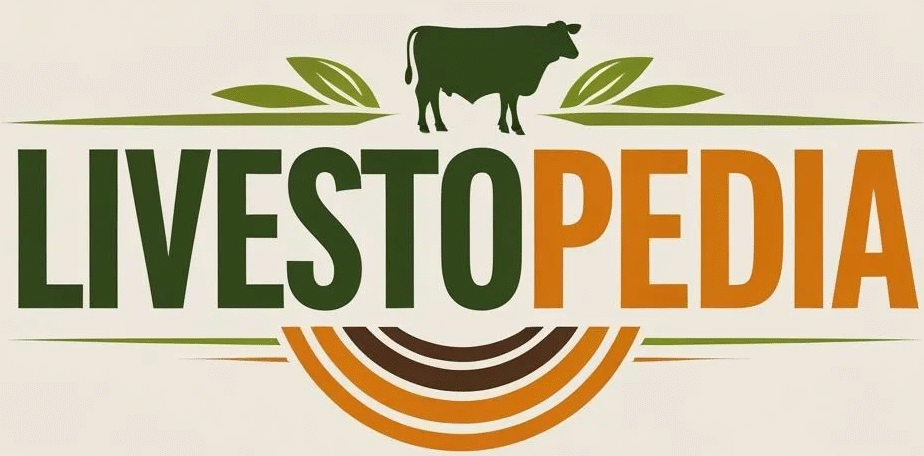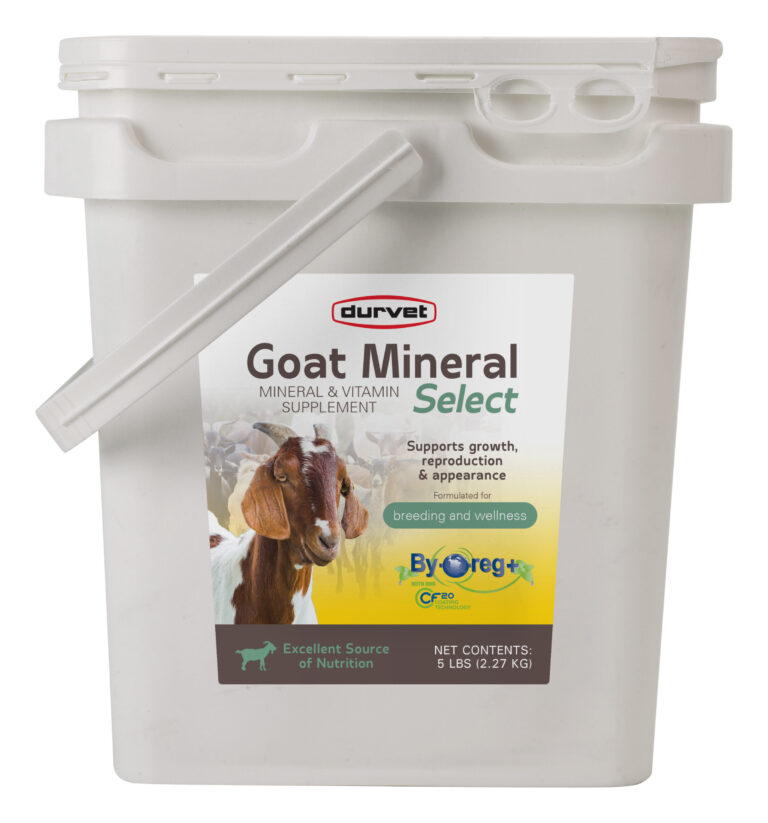Feed accounts for the largest share of turkey production costs, often making up 60–70% of total expenses.
For small farms and budget-conscious producers, finding ways to reduce feed costs without compromising bird health or growth is essential.
The key lies in balancing affordability with nutritional precision, ensuring turkeys receive the protein, energy, vitamins, and minerals they need at each stage of development while making the best use of locally available ingredients.
One cost-effective strategy is to incorporate seasonally abundant or locally sourced grains such as maize, sorghum, or millet as the primary energy component.
These can be purchased in bulk during harvest season when prices are lowest and stored properly to maintain freshness.
Protein sources can be diversified by blending conventional soybean meal with alternative options like sunflower meal, canola meal, dried peas, or fish meal if locally available.
Rotating or mixing these sources helps keep costs in check while providing a broader amino acid profile.
Another way to lower expenses is to formulate age-specific rations rather than feeding a single all-purpose mix.
High-protein starter feeds are essential for poults, but once turkeys reach the grower or finisher stage, protein levels can be reduced in favor of energy-rich grains. This prevents overfeeding expensive protein, which birds cannot store and will excrete, resulting in waste.
Gradual adjustments in the feed formulation at each growth stage can significantly improve cost efficiency without affecting performance.
Supplements such as vitamin-mineral premixes are essential for balanced nutrition, but they can be purchased in concentrated form and mixed into larger batches of feed on-farm to avoid paying a premium for pre-mixed rations.
Farmers can also make use of by-products and safe food processing residues, such as brewers’ grains or wheat bran, as part of the ration, provided they are clean, uncontaminated, and nutritionally evaluated.
Precision in mixing is critical. Even the best low-cost ingredients will fail to deliver results if the feed is unevenly blended or contaminated during storage.
Using clean mixing equipment, grinding ingredients to the right particle size for the birds’ age, and ensuring proper moisture control will maintain feed quality and prevent spoilage.
Combining careful ingredient selection, strategic ration formulation, and sound storage practices, turkey farmers can produce affordable feeds that fully meet their birds’ needs while protecting profit margins.



